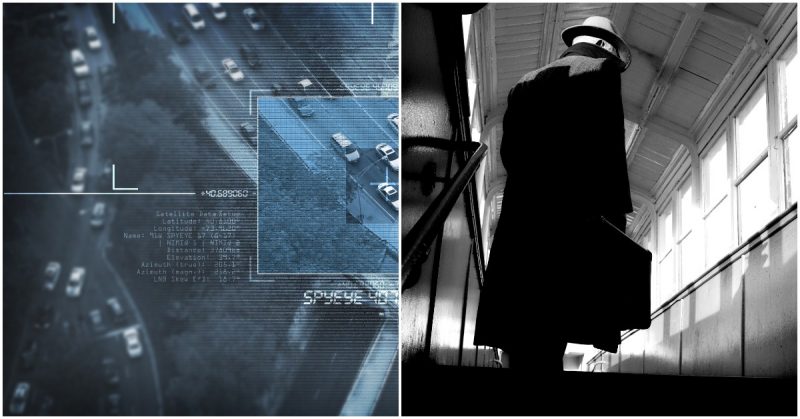When I was a teenager in the late 1970’s, my favorite fiction books were those of Robert Ludlum – of “Bourne Identity” fame. Besides the work for which he was best known, Ludlum wrote many others, a number of them huge best-sellers. Some had to do with the Cold War, some involved terrorists, assassins, and some involved Nazis.
Ludlum’s books were filled with action and field-craft and believe it or not, I actually learned a lot from them. Without giving away too much information, let’s just say that many of Ludlum’s characters, when put into or about to enter a tough situation did one or both of two things: acted like they belonged in whatever was happening (if they were caught in a room or building they shouldn’t have been in, for instance), and to act in decisive unexpected ways, but naturally, if that makes any sense.

During the war, the neutral cities of Lisbon, Geneva, and Stockholm were hotbeds of espionage. No fighting was going on in the streets, but spies and eyes were everywhere, checking out enemy diplomats and their efforts, enemy industrial and business concerns and keeping tabs on neutral governments (especially that of Sweden, with its immense natural resources and protected location in the Baltic).
These cities and countries were also home to refugees of many nations, but especially those from Germany, many of whom had fled because of anti-Nazi sympathies. One of them was Kurt Englich.
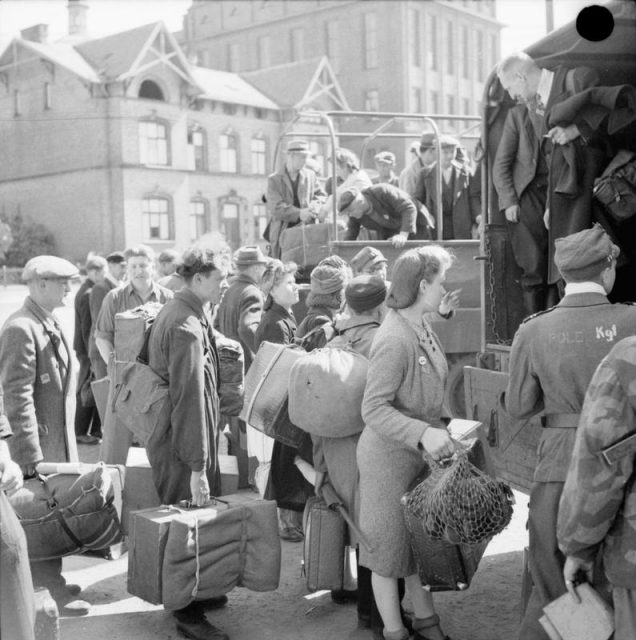
Englich’s life in Stockholm during the war could have been written by Ludlum, except that it was real. Most people in intelligence or espionage will tell you that if things get to the point of gunfights and car chases, it’s likely your mission was a failure in the first place. The goal is to never have to be shot at, or flee at high speed. The goal most times is information, and the quiet gathering thereof.
Englich had come to Sweden after years of being involved in the anti-Nazi underground in Germany. Before the war, and with the danger of being captured by the Gestapo increasing, Englich fled to Prague. With Germany on the verge of conquering Czechoslovakia without a shot in 1938, Englich made his way to Sweden, where he and other German expats began working with British intelligence when the war broke out.
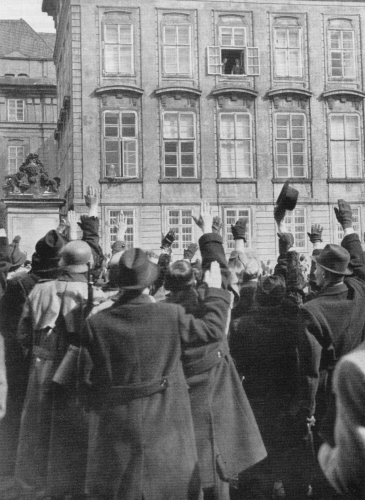
Posing as a German businessman with family in Sweden, Englich gathered information from German diplomats and others regarding German plans for Sweden and in northern Europe in general. In the fall of 1943, Englich found out where the center of German espionage, information gathering and storage was located – the German Air Attache’s office in Stockholm.
Questioning his sources and through observation, Englich discovered that documents, transcripts, photos and much else gathered by German intelligence in Sweden was kept in an isolated room, under surprisingly light security. During the day there was much activity nearby, but at night the room was locked and guarded by one guard – and it was always the same guy.
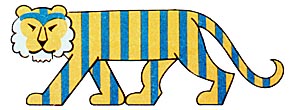
Talking to sources and through observation, Englich discovered that not only was the rooms’ guard there every night, he was a highly disgruntled and dissatisfied soldier who felt that he had been stationed in a nothing post with no chance of promotion or real responsibility. He was also an anti-Nazi.
Englich quickly came up with a plan. He and others trailed the German and found out his patterns and interests– where he ate, where he drank, what if anything he did for recreation. Englich would then place himself “coincidentally” at those places, and attempt to strike up a friendship with the guard. Englishmen know Englishmen, Americans their countrymen, and Germans know Germans.
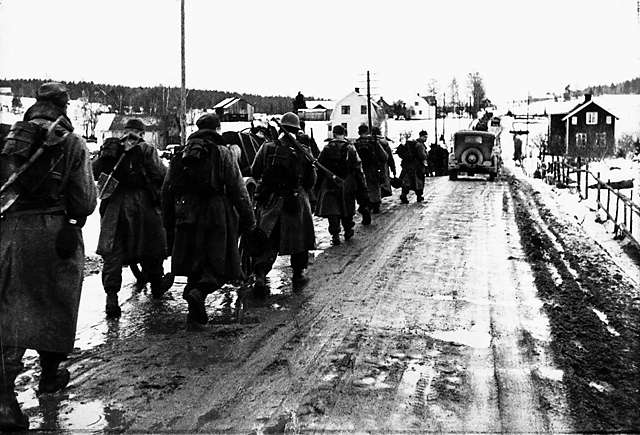
Soon, the guard and Englich were sharing a bottle of schnapps at a popular Stockholm restaurant, which became a regular occurrence. Sharing his anti-Nazi views, Englich encouraged the guard to express himself freely, and once he was sure of the validity of the guard’s political views, approached him with an offer to do something about Hitler besides complain about him in a Swedish bar.
Englich asked the guard point blank whether he would allow Englich entry into the room so he could read and photograph as much information as possible. If the guard said no, Englich would have to disappear, for its likely that German agents would be looking for him, and that would be the end of Englich. The guard assented, and what’s more, added that virtually no one ever came to the room at night.
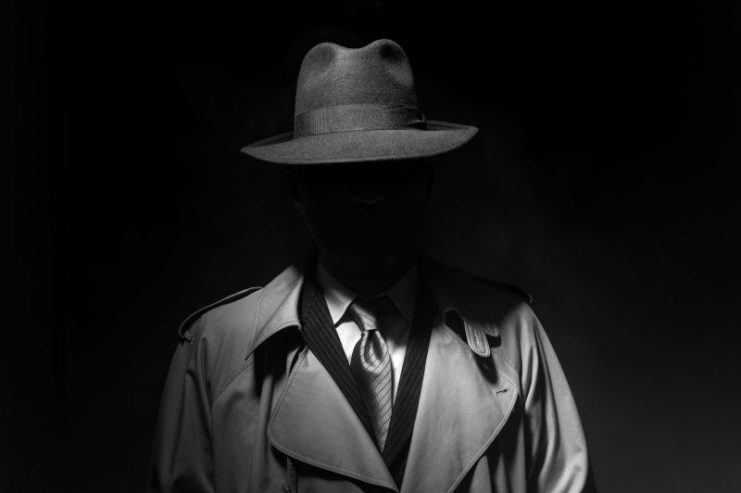
So, for night after night for weeks, Englich entered the room and gathered as much information as he could while the guard outside read the paper, drank coffee and smoked cigarettes. Much of this information had to do with the numbers of German personnel in Sweden, amounts of Swedish resources available to Germany, the intentions of the Swedes, and German efforts to sway the Scandinavian nation more towards their side.
Only once in these weeks was Englich interrupted, and it was a close call. His friend the guard was outside the locked door at his table, reading the paper when he heard footsteps. Looking up, he saw a Luftwaffe lieutenant, the military aide of the German attache’, heading straight for the door. There was nothing the guard could do as the officer pulled his keys out of his pocket and opened the small door.
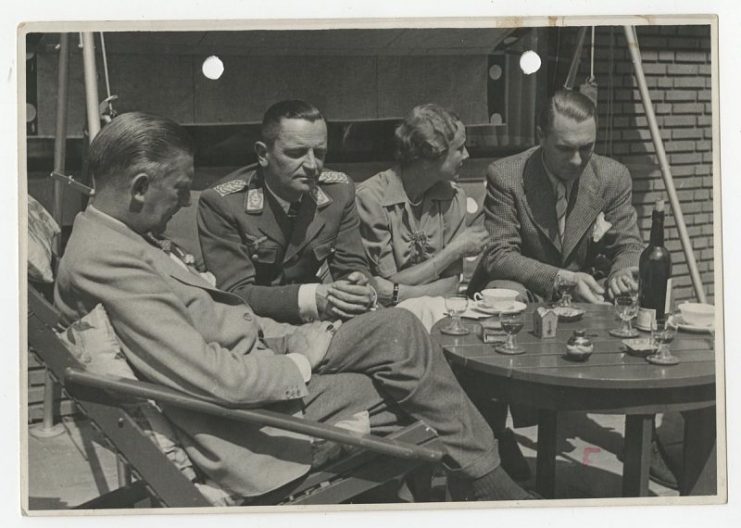
Inside, Englich was copying information from a document. In the finest Ludlum-esque and nonchalant manner, the spy simply smiled and nodded at the officer, who paused briefly, then went to a file cabinet, unlocked it and retrieved a bottle of Scotch. A wink and a nod, and the officer left the room. Both Englich and the guard resumed their “duties”, but only after a couple of minutes of deep breaths.
This was Englich’s last visit. His efforts should not be forgotten. Did he change the war? Who knows, but likely not. Did his information help the Allies? Most likely, yes – combined with other sources, the Western Allies got a full picture of German actions in Scandinavia, the resources coming into Germany from the north, and the position of the Swedes – a powerful neutral nation. And remember, had he been caught, the consequences for Englich were dire.
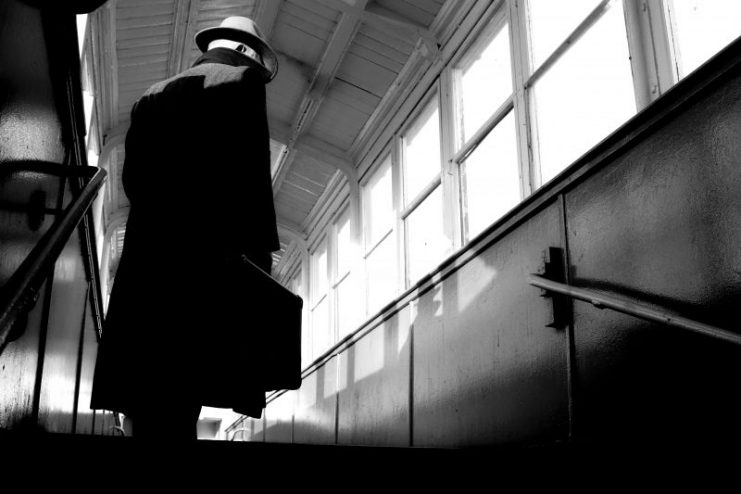
(An interesting side note: Englich’s story was first reported in the USA ten years after the war, as a small part of a story carried in many American papers. The reporter? Ladislas Farago, the man who would go on to write the biography of Patton on which the Oscar winning movie was based.)
_______________________________________________________________________
Matthew Gaskill holds an MA in European History, and writes on a variety of topics from the Medieval World to WWII to genealogy and more. A former educator, he values curiosity and diligent research. He is the author of many best-selling Kindle works on Amazon and is currently working on a new book.
